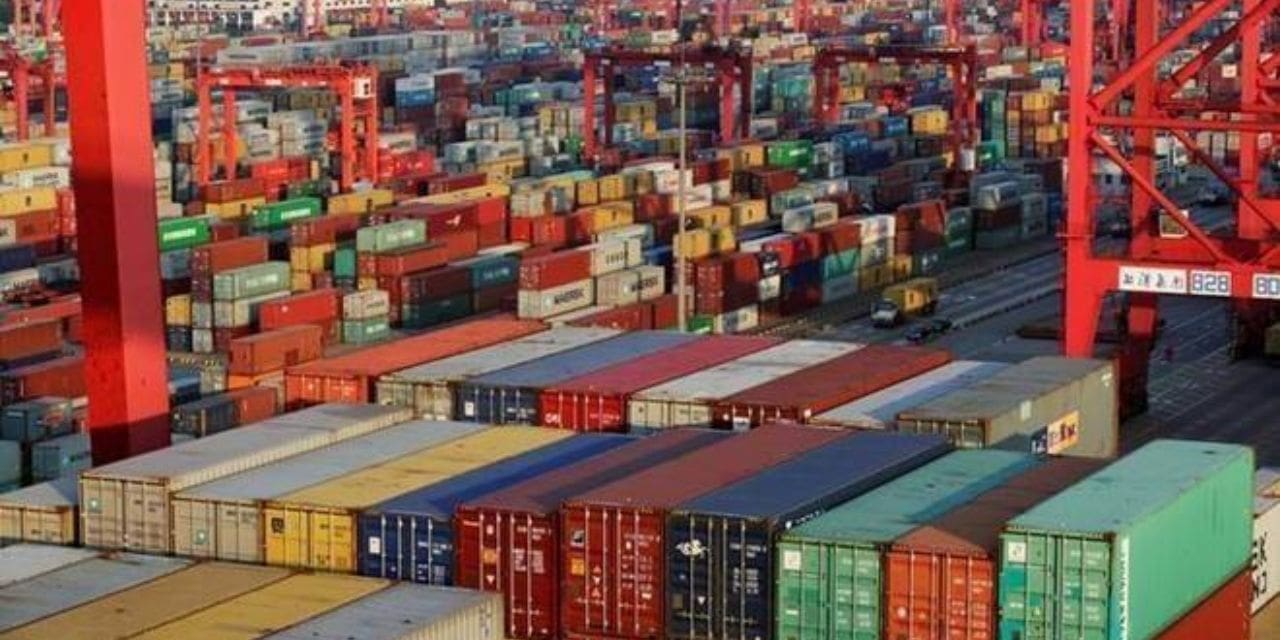The EU’s recent adoption of a deforestation legislation will have an impact on India’s 1.3 billion USD yearly exports of goods to the EU, including coffee, leather skins, and paperboard, according to a report by the economic think tank GTRI on Thursday. The European Union Deforestation-Free Products Regulation (EU-DR) was approved by the European Union Council on May 16—three weeks after the introduction of the carbon border tax.
Cattle, buffalo, meat from ruminant animals, preparations, oil cakes, soy beans, palm oil, cocoa powder, chocolate, coffee, leather hides, skins, papers, paperboard, wood, wood products, wood pulp, boards, and wood furniture are all covered by the law.According to the Global Trade Research Initiative (GTRI), the EU-DR appears to favour export promotion and safeguarding its own agricultural industry. Imports are made more challenging because of this trade restriction that passes for a green policy.
After December 31, 2020, exporters will have to guarantee that these items were cultivated on land that was not cleared of its trees. After 18 months for major firms and 24 months for small firms, the new regulations will be in effect. Therefore, the deadline is December 2024 for large enterprises and June 2025 for small firms.India’s US$1.3 billion worth of exports to the EU may suffer as a result of EU DR (2022 figures). Coffee (USD 435.4 million), Leather hides, skin, and preparations (USD 83.5 million), Oil cake (USD 174.5 million), Paper, paperboard (USD 250.2 million), and Wood furniture are the key products affected and their export value to the EU. (USD 334.6 million),” according to the study.
Given its own history of clearing forests for agricultural growth, the EU’s stated attempts to stop deforestation and promote deforestation-free products are called into question. According to Srivastava, the implementation of the EUDR appears to be motivated by a desire to increase domestic production and exports while lowering imports.
The report recommended that the government take a number of actions to address the regulation, including bringing the issue up with the World Trade Organisation (WTO) and other impacted nations since it breaches MFN (most-favored-nation) and national treatment principles.
The Agricultural & Processed Food Products Export Development Authority (APEDA) in India is implementing a working blockchain-enabled trace and track system for grape shipments to the EU and other areas. It must be implemented for all covered products, and exporters must be made aware of the necessity for compliance, he continued.

